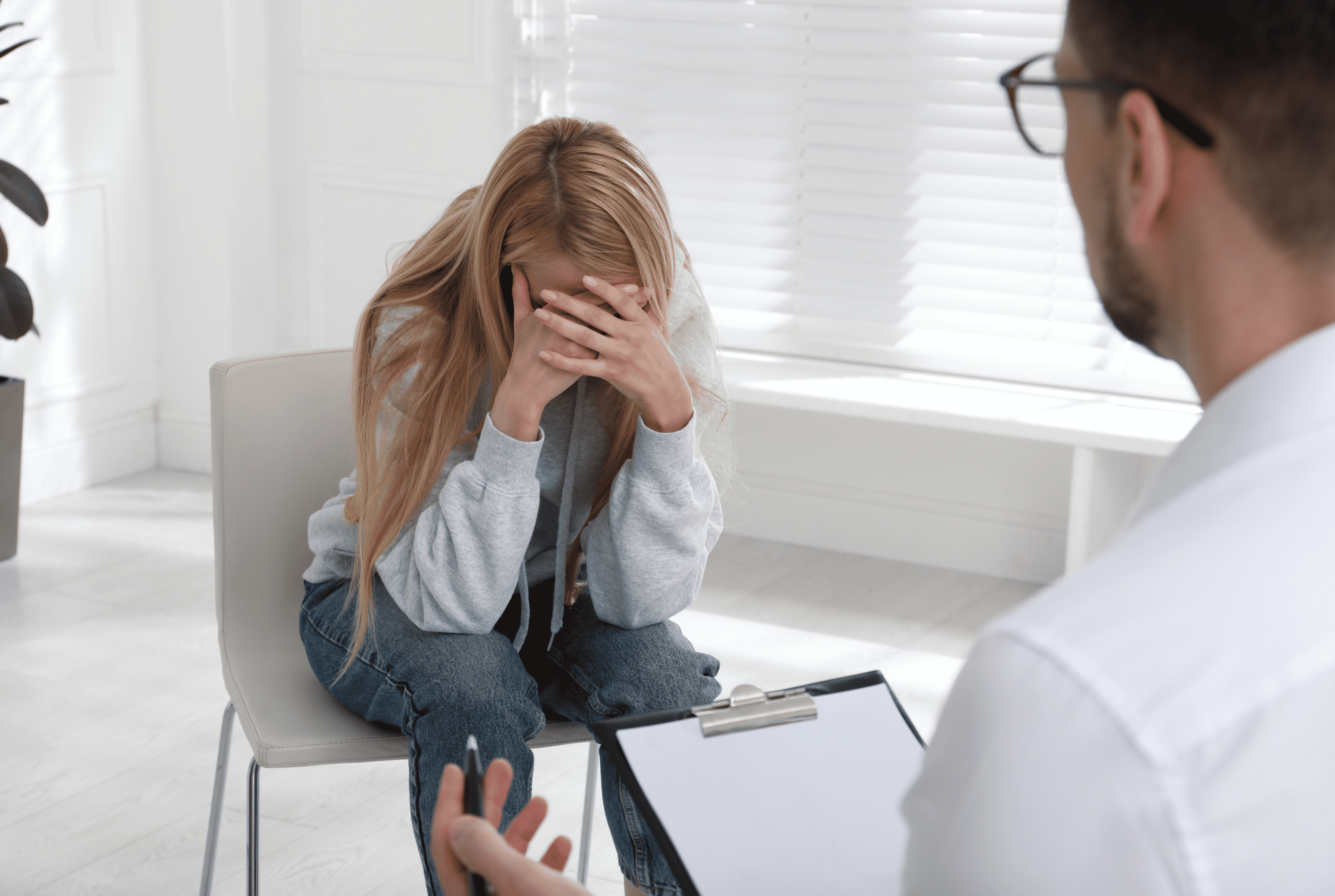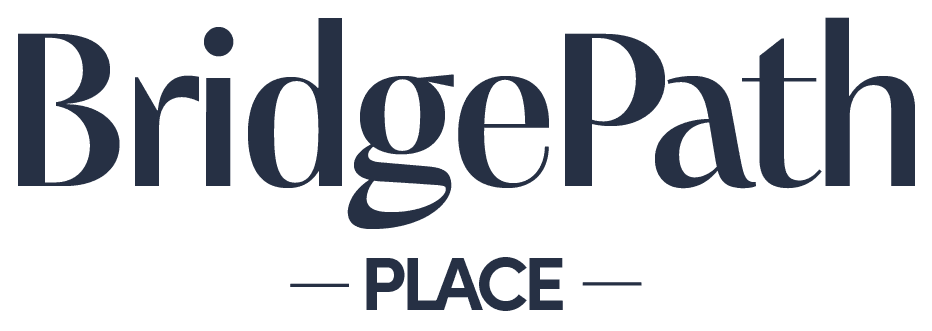
Drug addiction is a serious issue that affects individuals and families across London. If you or a loved one are struggling with substance use, finding the right treatment is essential. At BridgePath Place, located in the heart of London, we offer personalised drug addiction treatment programmes designed to support long-term recovery and promote lasting change.
Understanding Drug Addiction in London
Drug addiction, also known as substance use disorder, can have a profound impact on all areas of a person’s life. Recognising the signs of drug addiction early is crucial for effective intervention and successful recovery.
Signs of Drug Addiction in London
Recognising the signs of drug addiction is the first step toward seeking help. Common warning signs include:
- Increased tolerance to drugs or alcohol
- Withdrawal symptoms when trying to quit or reduce use
- Neglecting important responsibilities at work, home, or school
- Social isolation or withdrawal from loved ones
- Financial difficulties due to excessive spending on drugs
- Escalating substance use, despite the negative consequences
If you or someone you know exhibits these signs, it may be time to seek professional treatment.
Why Choose BridgePath Place for Drug Addiction Treatment?
At BridgePath Place, we offer a comprehensive approach to drug addiction treatment, with therapies and services designed to support individuals in their recovery journey. Here’s why BridgePath Place is the right choice:
Personalised Treatment Plans at BridgePath Place
We understand that every person’s journey to recovery is unique. That’s why we provide personalised drug addiction treatment plans, tailored to meet each client’s specific needs. This ensures that everyone receives the most effective care, maximising their chances of successful recovery.
Comprehensive Therapy Options for Drug Addiction
At BridgePath Place, we use a variety of therapeutic approaches to support recovery:
- Cognitive Behavioural Therapy (CBT): A proven method that helps individuals recognise and change negative thought patterns linked to substance use.
- Group Therapy: Connect with others who understand your journey, gaining support through shared experiences.
- Holistic Therapies: Mindfulness, yoga, and art therapy are integrated into the recovery process to promote overall mental and physical well-being.
Each of these therapies has been selected to address the different aspects of addiction, ensuring a holistic and effective approach to treatment.
Luxury Rehabilitation Environment
Located near Cavendish Square Gardens, BridgePath Place offers a serene and luxurious environment conducive to healing. Clients enjoy comfortable accommodations that allow them to focus solely on their recovery journey. This peaceful setting promotes a sense of calm and well-being, enhancing the therapeutic experience.
Types of Drug Treatment Available
Inpatient Drug Rehab at BridgePath Place
For individuals with severe addictions, our inpatient drug rehab provides a highly structured and immersive environment, offering 24/7 care. This intensive treatment option is ideal for those requiring focused, around-the-clock support in a secure setting.
Outpatient Drug Rehab Options
We also offer outpatient drug rehab programmes, providing flexibility for individuals who need treatment while maintaining their daily responsibilities. Clients can attend therapy sessions while living at home, making this option suitable for those who need to continue working or caring for family.
Aftercare Support for Lasting Recovery
Recovery doesn’t end after completing a treatment programme. Aftercare services are crucial for maintaining sobriety and preventing relapse. BridgePath Place offers ongoing support through:
- Support Groups: Connect with others who understand your journey and share experiences.
- Individual Counselling: Continue working on personal challenges with a dedicated therapist.
- Relapse Prevention Workshops: Equip yourself with strategies to handle triggers and stressors.
How to Support Someone with Drug Addiction
If you suspect a loved one is struggling with drug addiction, here are some ways you can help:
- Encourage open communication: Create a safe, non-judgmental space for them to discuss their struggles.
- Educate yourself: Understand the complexities of drug addiction so you can offer better support.
- Suggest professional help: Gently encourage them to seek treatment, such as therapy or support groups.
The Importance of Aftercare in Drug Addiction Recovery
Recovery from drug addiction is an ongoing process that requires continuous support. At BridgePath Place, we prioritise relapse prevention and long-term recovery through:
- Developing coping strategies to manage triggers and cravings
- Setting financial boundaries to prevent damage from substance use
- Ongoing support group participation to reinforce positive behaviours and sustain recovery
Aftercare is vital for staying sober and preventing a relapse. With the right support, individuals can build a stable foundation for a healthier, drug-free life.
Ready to Start Your Recovery Journey?
If you’re ready to take the first step towards a healthier, addiction-free life, contact BridgePath Place today. Our compassionate team is available 24/7 to discuss your treatment options and guide you through the admission process.
Frequently Asked Questions (FAQs) about Drug Addiction Treatment
1. What is drug addiction?
Drug addiction, or substance use disorder, is a condition where a person becomes physically and psychologically dependent on drugs, despite the negative consequences. It often involves a compulsive need to use substances like alcohol, prescription medications, or illicit drugs, which can lead to serious health, social, and legal problems.
2. What are the signs of drug addiction?
Common signs of drug addiction include:
- Increased tolerance (needing more of the substance to feel the same effects)
- Withdrawal symptoms when trying to stop using drugs
- Neglecting responsibilities at work, school, or in relationships
- Financial problems due to spending money on drugs
- Loss of control over drug use, even when the person wants to stop
If you or someone you care about shows these signs, it might be time to seek professional help.
3. How do I know if I need drug addiction treatment?
You may need drug addiction treatment if you:
- Have tried to quit but have been unsuccessful
- Experience cravings for drugs regularly
- Neglect important personal, professional, or social responsibilities
- Have legal or financial problems related to drug use
- Continue using drugs despite knowing the negative impact on your health and relationships
Seeking treatment is a crucial step toward regaining control of your life and well-being.
4. What are the different types of drug addiction treatment?
There are several treatment options available for drug addiction, including:
- Inpatient rehab: A residential programme where individuals stay at a facility for intensive, round-the-clock care.
- Outpatient rehab: A flexible option for those who need to continue their daily activities while receiving treatment.
- Therapy (CBT, DBT): Cognitive Behavioral Therapy (CBT) and Dialectical Behavior Therapy (DBT) help address the psychological aspects of addiction.
- Holistic therapies: These include yoga, meditation, art therapy, and mindfulness practices that promote overall wellness.
- Support groups: Programs like Narcotics Anonymous (NA) offer community support and shared recovery experiences.
The type of treatment that’s best for you depends on the severity of your addiction and your personal needs.
5. How long does drug addiction treatment last?
The duration of drug addiction treatment varies depending on individual needs. Generally, inpatient treatment lasts between 30 to 90 days, while outpatient programs can last longer, depending on progress. A combination of therapies, aftercare, and ongoing support may be needed for long-term recovery.
6. What should I expect during drug addiction treatment?
During drug addiction treatment, you can expect a structured environment focused on addressing the physical, emotional, and psychological aspects of addiction. Treatment will typically include:
- Detoxification to help rid your body of substances
- Individual therapy to explore the root causes of addiction
- Group therapy for peer support and shared experiences
- Coping strategies to help you manage triggers and prevent relapse
- Life skills training to prepare you for life post-recovery
Expect to be supported by trained professionals who are dedicated to helping you on your journey to recovery.
